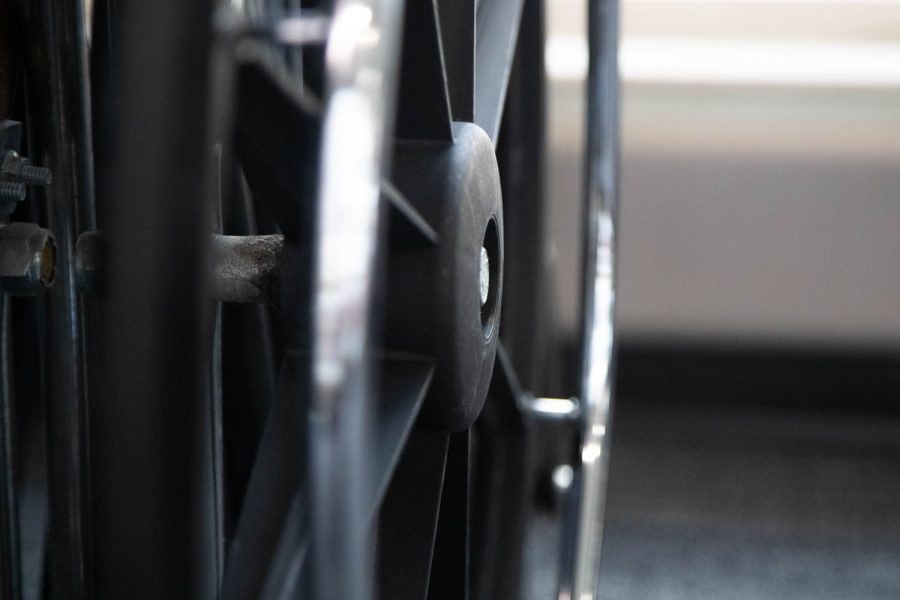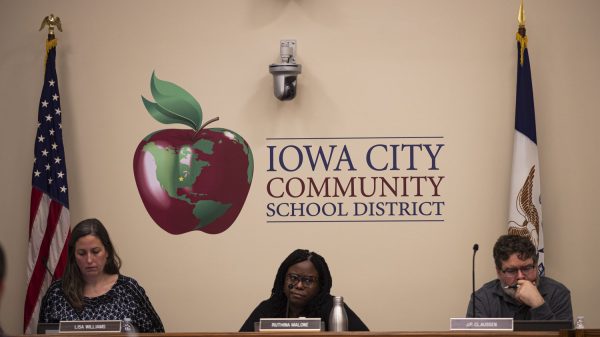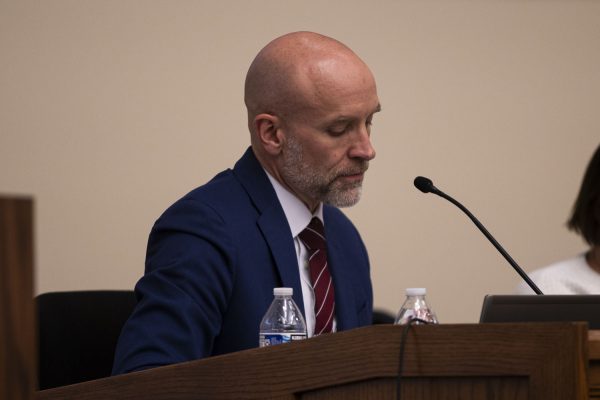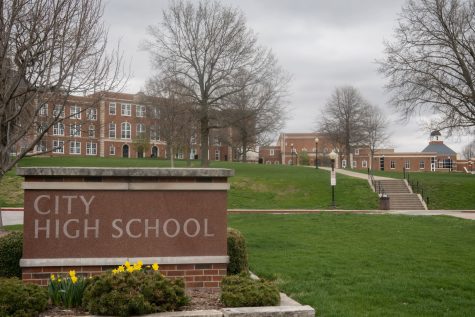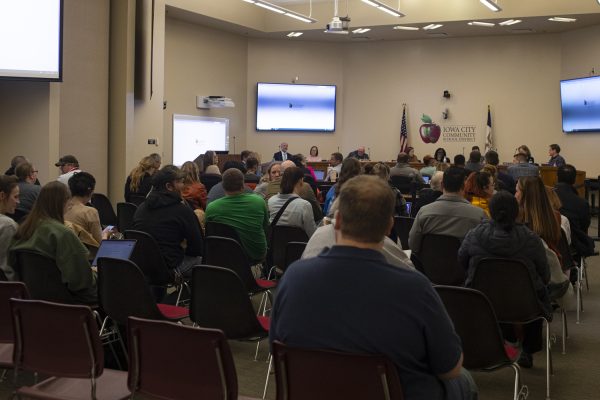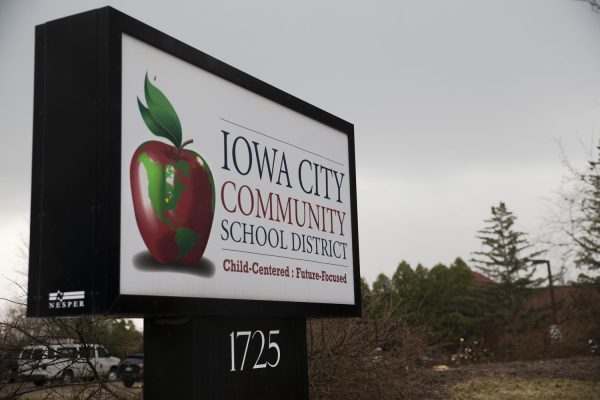Iowa City Community School District sees high special education balance deficit, requests additional aid
Iowa City schools’ board of directors approved the request for additional growth and supplemental aid for special education balance. The request is now sent to the School Budget Review Committee to review in December.
Photo illustration by Matt Sindt
October 9, 2022
After reporting a high deficit in the special education balance for the 2021-22 academic year, the Iowa City Community School District is seeking additional aid with approval from the school board.
The board of directors approved the request to seek additional growth and aid at the Sept. 27 school board meeting. The request will now be sent to the School Budget Review Committee in December.
The special education balance for the district is determined by the Iowa Department of Education to facilitate appropriate education for students with diverse learning needs and abilities.
Leslie Finger, ICCSD chief financial officer, presented the request to the board.
“This is a compliant step to complete this resolution before [the committee] considers it,” he said at the meeting. “Once that’s done this is a must-approve by the SBRC, and we know that it will get approved once it gets sent down there.”
The special education deficit increased by just over $130,000 during the 2021-22 academic year, a change from $9,830,07 to $9,968,520, according to the ICCSD Education Services Center.
“While that’s a big number and it has gone up regularly, it’s important to know that as a leader in the state in terms of our salaries for our teachers, those salaries exceed what the allowable growth is each year,” Finger told the board.
In an email to The Daily Iowan, Finger wrote that school districts in Iowa submit their special education balance information to the Iowa Department of Education annually.
“Iowa utilizes the SBRC that reviews these deficits and provides approval for school districts to include these deficits in their subsequent budget computations and recover the deficit amount,” he wrote.
RELATED: Iowa City Community School District experiencing rising prices, employee shortages
Finger wrote school districts are required to provide special education programs in accordance with federal and state laws and guidelines. The funds utilized by the school district are the result of the district serving the instructional needs of students identified for special education services in accordance with these federal and state guidelines.
The funding for special education, however, is less than what is needed to provide the required programs, which results in deficits in a large majority of Iowa schools, Finger wrote.
“For the year ending June 30, 2021, over 82 percent of Iowa schools incurred a special education deficit with a net statewide deficit balance of nearly $135,000,000,” he wrote.
School board member J.P. Claussen, a former special education teacher at West High School, has been adamant about the need for increased special education funding in schools.
“These are the kinds of things that make real differences,” he said at the Sept. 27 meeting. “When [the federal government] talks about full funding for special education, no one has ever done it because it’s a heavy lift, it’s expensive, and because it costs a lot of money to serve kids with needs.”
Claussen said he wanted to bring attention to the board and community members that the federal government, under the Individuals with Disabilities Act, should be paying for 100 percent of special education. In many cases, however, the federal government pays about 14 percent of expenses, leaving school districts and the state with the rest of the funds, Claussen said.
“I’m proud of that number,” he said, referring to the 2021-22 deficit. “We’re a district that serves kids with needs, and we do what needs to be done to meet those needs.”
Claussen currently teaches at Circle School, which serves the inpatient child and adolescent psychiatric unit at the University of Iowa Stead Family Children’s Hospital. He said the shortage of paraprofessional educators is a reality he lives every day.
ICCSD has increased special education funding over the years to cover the cost of teacher salaries, Claussen said.
“We have added additional positions that also add to the cost and are intended to improve our special education services,” he said. “We have increased our number of special education specific social workers and have additional behavioral interventionists who support behavioral needs.”
Claussen said districts are legally obligated to pay for special education services.
“In my opinion, this is the right way to serve kids,” he said.



